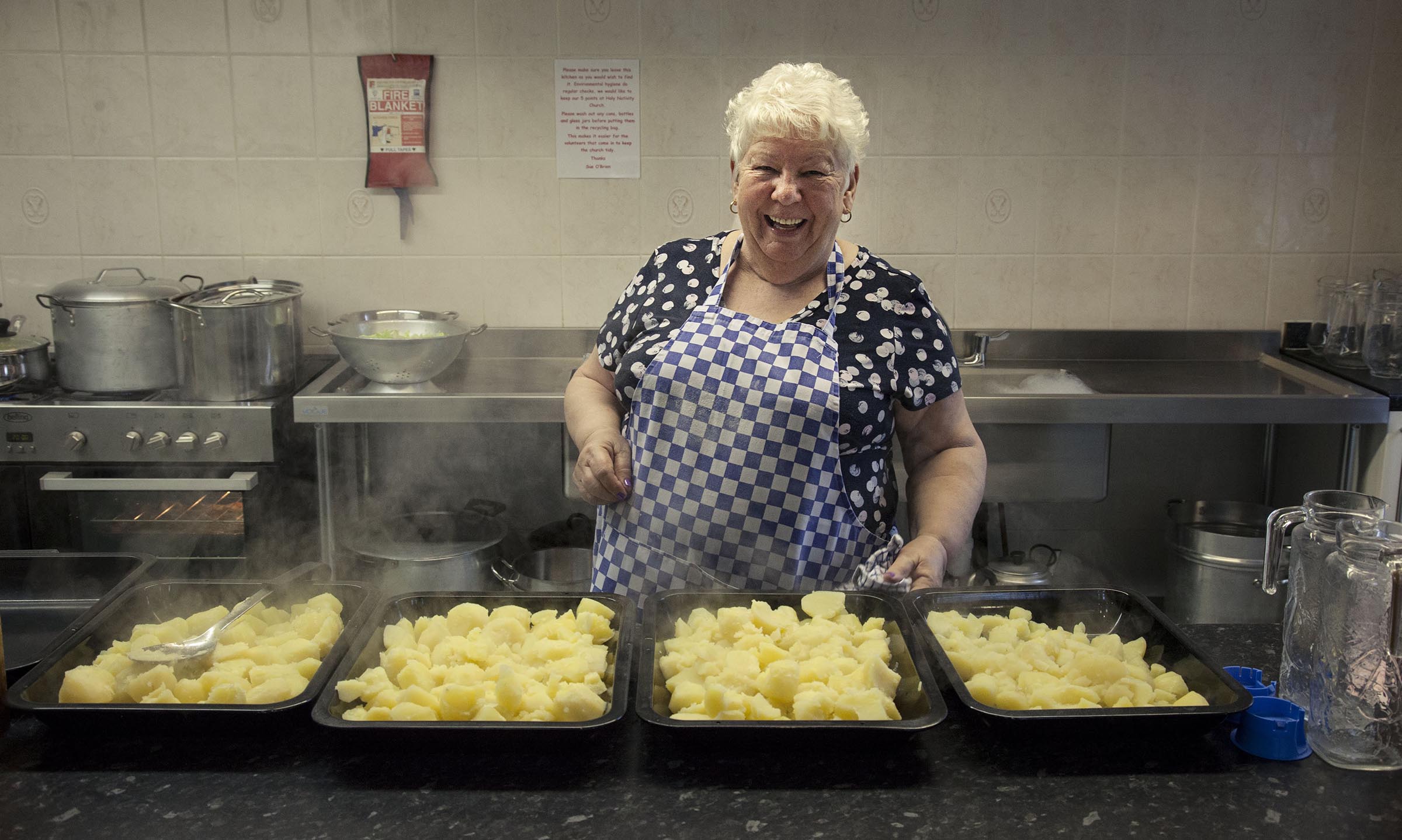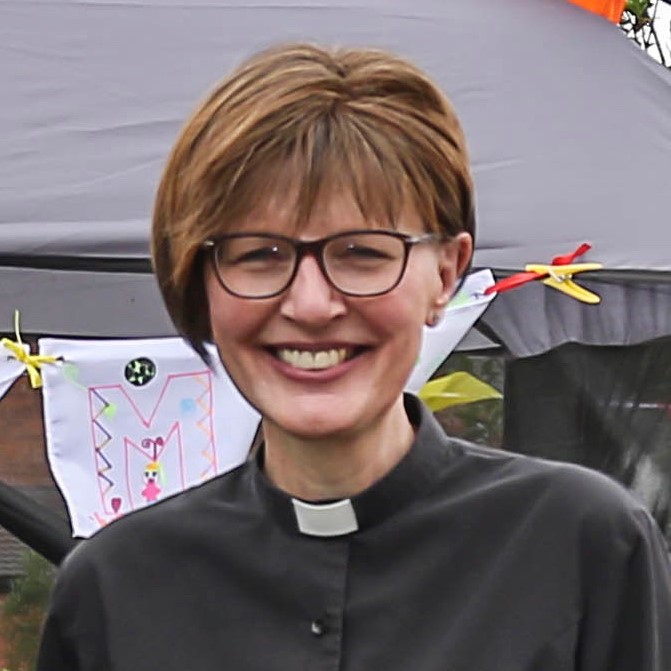There is a growing evidence base suggesting that indigenous leaders – indigenous of background not necessarily of place (per Joe Hasler) – are able to lead more effectively, especially on estates and in working-class areas. After all, we tend to engage best with those with whom we have some form of connection.
In the 2016 Survey of British Social Attitudes, 60% of Britons self-identify as working-class. And yet we have a very middle-class church, as evidenced in these comments on mumsnet.com>talk
“Round here the churches are very middle class, even ones in working class areas. By that I guess I mean that the churches are peopled by very middle-class people”
“My church is very, very middle class, but as I’ve got older these things don’t bother me anymore; the church needs to change and to start thinking about its young people and I think the more mixed bag it gets, the better it will be”
In fact, we’re called to be a ‘mixed bag’. A body of Christ and the Church should represent, in our congregations and our leadership, that rich and varied spectrum of people who make up the Kingdom of God. There is a growing acceptance that, in order to engage missionally with a broader range of people, the Church needs to reflect a far broader leadership base.
So here we set out how we might seek to do that; to identify community leaders, to raise up those whose vocations are overlooked and to be more missionally effective.
What are we looking for in a leader?
In the growing trend towards promoting local leadership, we are being encouraged to nurture vocations of those from estate communities. Many of us would wish to support that momentum, but do we know what we’re looking for?
And what is leadership? Firstly, leadership is not management….
In the words of Peter Drucker: “Management is doing things right; leadership is doing the right thing."
Biblical leaders like Moses, David and Paul are often described as meek, of good heart, faithful, resilient and long-suffering. None of those attributes are academic or skill-based. They are qualities of character and of personality, gifts of the spirit. So God’s leadership qualities appear to be at odds with the academically skewed leadership pathways in the Church, most particularly in communities and demographics where academic attainment is low or is low priority.
So, forget skill sets and professional qualifications in making an initial scan for potential leaders. And look instead for those who do the right thing, who have integrity, those who motivate others, those who are servant-hearted and who can lead through times of change and challenge.
And here’s another interesting fact - leadership qualities can be drawn out, developed and nurtured. The majority of leaders are not born with the attributes needed. They’re made, developed, trained in leadership, and emotional and social intelligence is seen as just as important as IQ, if not more so.
Nurturing local leaders…hints and tips
So, if you’re wanting to identify and promote local leadership here are some practical ways forward:
- Avoid deficit-based thinking - presume that leadership resources exist and set out to discover those. Look with new eyes.
- Change culture, embed the message…preaching, prayer, parish magazine etc. - use biblical and secular examples of local leaders, non-traditional leaders, BAME leaders to inspire, affirm and encourage.
- Delegate, start small, watch response - if you sense you have a potential leader, ask them to undertake something small, self-contained and low risk…then leave them to do it in their own way. How did they approach doing it? Did they involve and relate to others well? Give them feedback and ask for theirs.
- Who handles a crisis well? - not who has ideas about how to handle the crisis, but who actually hands on handles it?
- What jobs do your congregation do/what experience do they have? - do you know the backgrounds and interests of your church community? What are their hidden skills, resources and networks?
- Choosing a non-traditional leader early on encourages others and changes perception - don’t underestimate how affirming seeing someone like you in a leadership position can be.
- Remember and affirm that you’re delegating authority not responsibility - assure them that they have your trust and that the buck stops with you
- Praise, sincerely and frequently - encouragement and sincere praise is affirming
- Let go of how you do things…remember your highest calling - trust them to do it their way…they might do it better than you
- Invite, ask, affirm; invite, ask, affirm… - don’t ask once and never again. Invite someone to do something and they may refuse. Then later, ask again and affirm how good you think they would be in undertaking whatever it is. And repeat, and repeat….
- Encourage use of congregation members’ own frames of reference etc. - don’t be tempted to impose external frames of reference. The community will feel more connection with a leader who speaks authentically from their own world view
- Be prepared to defend your leaders…they need to feel safe and trusted - they and the folk you lead need to know they have your backing
And it appears that we model the kind of leaders we produce (so be warned…)
‘See I am doing a new thing…’ (Isaiah 43)
The National Estate Churches Network (NECN) is working with the Church of England’s Estates Evangelism Task Group and other partners to influence systemic change around local leadership. We are grateful to Benefact Trust for the funding support which has enabled us to pursue this work.
NECN is involved in pilot learning pathways encouraging local leadership in Birmingham and London Dioceses and there are similar initiatives in Blackburn and York. And we’d love to add your thoughts, tips and feedback regarding local leadership to our learning, so please do contact us via any of the contacts listed on our website, or via social media:
Twitter @NECNestates



